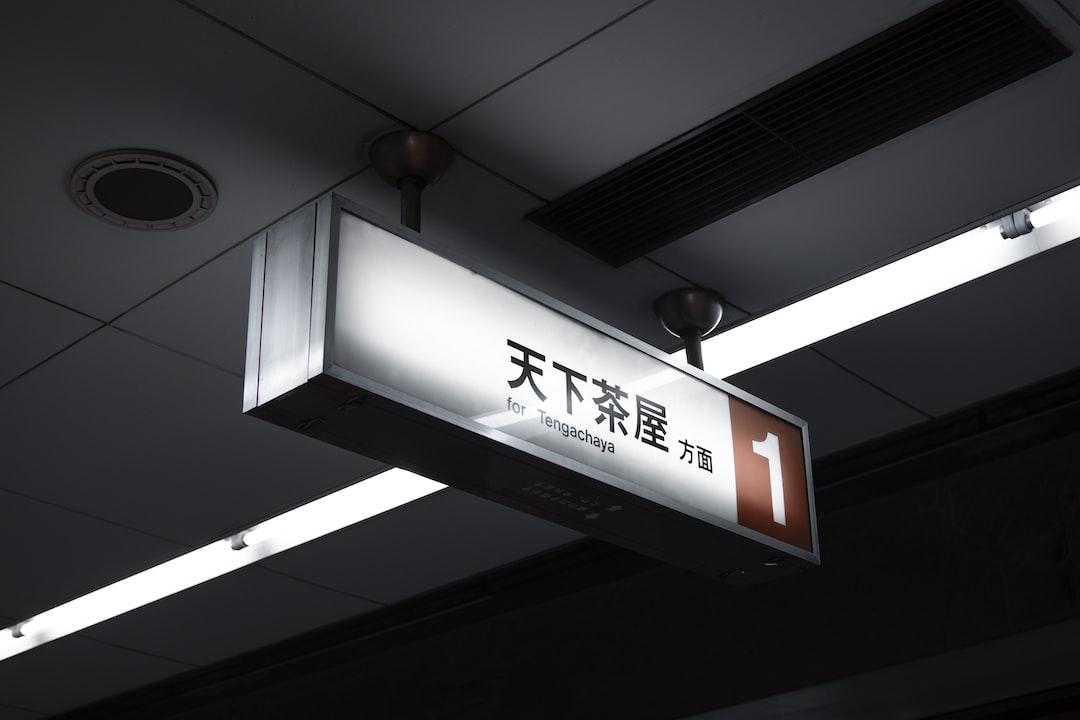Citrea, a project that seeks to bring zero-knowledge rollups (ZK-rollups) to Bitcoin, has successfully raised $2.7 million in a seed round led by Galaxy Ventures, the venture arm of Galaxy Digital. In a blog post on February 2, the project announced that this funding would enable Chainway Labs, the blockchain infrastructure firm behind Citrea, to bring the project to market. Citrea claims to be the first rollup that enhances the capabilities of Bitcoin blockspace with zero-knowledge technology, allowing for the development of various applications on the Bitcoin network. The seed round, which concluded in 2023, also saw participation from Delphi Ventures, Taproot Wizards co-founder Eric Wall, Blockscout founder Igor Barinov, and others.
While ZK-rollups are more commonly associated with Ethereum and its layer-2 blockchains like Polygon and zkSync, Citrea aims to leverage this technology for Bitcoin. ZK-rollups bundle transactions on layer 2s to make them more efficient and cost-effective, using a cryptographic protocol called ZK-proofs to prove their occurrence on the base blockchain without revealing transaction details. Bitcoin also has its own layer-2 solutions, including the Lightning Network and projects like ZKSats and Rollux that rival Citrea.
Citrea claims that its ZK-rollup addresses the challenges Bitcoin faces in handling a higher volume of transactions and supports diverse applications without altering its consensus rules. By doing so, Citrea utilizes Bitcoin not just as a digital currency but also as a foundational layer for securing and settling transactions.
In a blog post on February 6, Citrea further stated its goal of transforming Bitcoin into a base layer for a blockchain ecosystem that includes games, NFTs, and decentralized finance. The project aims to achieve this without compromising Bitcoin’s security or changing its consensus rules. Additionally, Citrea’s solution is built on the Ethereum Virtual Machine, enabling EVM developers to build on the Bitcoin network.
As for Satoshi Nakamoto’s perspective on ZK-proofs, it is not explicitly mentioned in the article.

